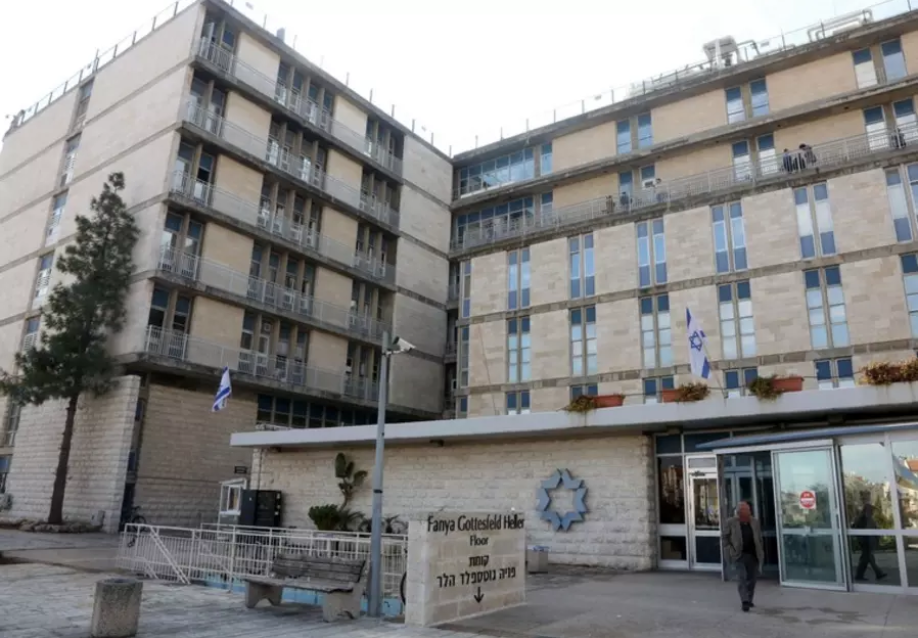Doctors in Jerusalem’s Shaare Zedek Hospital saved the life of a 73-year-old man who decided to make himself a cup of herbal tea, using leaves from the oleander plant. The man went into cardiac arrest as a result of drinking the tea infused with the poisonous plant.
Hospital officials explain that quick identification of the tea and rapid transport to the hospital, along with appropriate treatment and Siyata Dishmaya of course, led to saving the life of the Jerusalem resident.
The man arrived at the hospital two weeks ago after his wife feared he was having a stroke, as he became confused. He was immediately taken for a CT and an MRI towards diagnosing his condition.
Head of the intensive care unit Dr. Philip Levin explains the victim went into cardiac arrest and his spontaneous pulse and respirations returned following prolonged resuscitation. He regained consciousness as well, but his heart rate was too slow, compelling the installation of a pacemaker.
The bradycardia (slow pulse), confusion and other signs and symptoms led doctors to believe he may have been poisoned. The family was questioned towards determining if he began using any new drugs, leading to the discovery of his oleander-infused tea. The wife explained that he picked leaves on the street and then made tea. Doctors are aware of oleander plant is quite prominent in Jerusalem and elsewhere, seen next to kindergartens and many other areas around Israel despite being poisonous if ingested.
The wife explained she initially was unaware he collected leaves and made himself tea at night, but in the morning, he appeared confused. She pointed out that he is diabetic, so she first thought his sugar level dropped. When it was realized this was not the cause, she suspected a virus, but when his speech became impaired, she feared he was suffering a stroke and headed to the hospital.
Dr. Asher Elad, who heads the cardiac intensive care unit, explains the oleander plant contains a substance very similar to one of the common cardiac medications, albeit far more toxic. The poison has a direct effect on the heart’s muscle. The poisoning phenomenon from the plant is relatively rare. It is doubly dangerous because it is difficult to recognize the plant is the cause.
B’chasdei Hashem, in this case, the patient arrived in the hospital in a timely fashion, permitting the Shaare Zedek team to save his life.
This story should send a message to all, regarding the toxicity of the oleander plant and the need for immediate transport to a hospital if one learns someone ingested it.
(YWN Israel Desk – Jerusalem)











